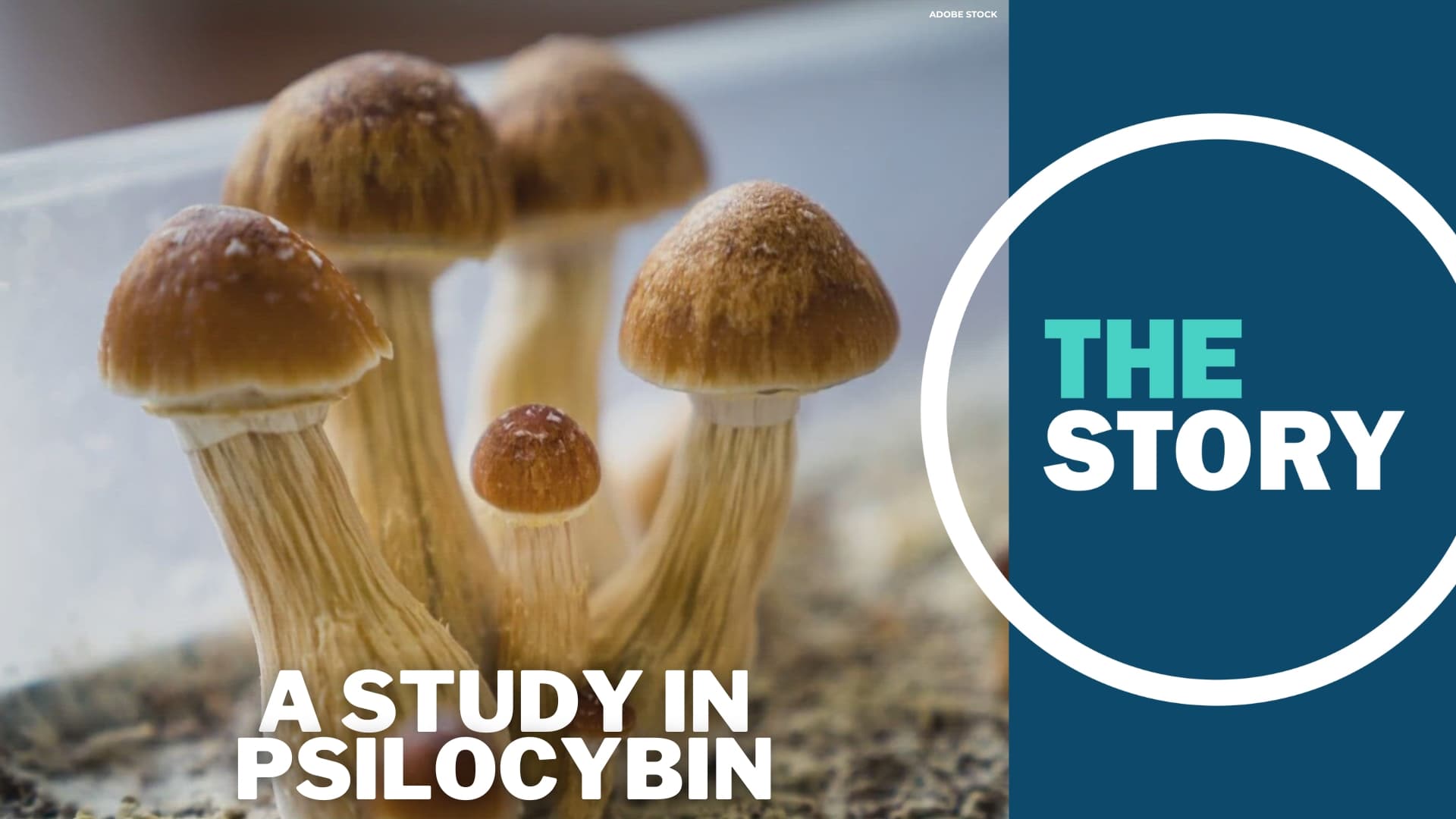Oregon Psilocybin Program Study Reports 10.7-Point Increase in Well-Being

A groundbreaking study by Osmind and Bendable Therapy has revealed significant positive real-world outcomes from Oregon's supervised psilocybin program, marking the first systematic evidence from legal U.S. psilocybin services. The findings, which will be presented at Psych Congress 2025, indicate substantial improvements in participants' mental health, including a 10.7-point increase in well-being, meeting clinical significance for improved mood and quality of life. This research emerges as Oregon's program has reportedly served over 10,000 individuals, with the study specifically analyzing outcomes from a cohort of clients.
The study, partially funded by The Jurvetson Foundation, addresses a critical gap in understanding psilocybin's effectiveness outside of controlled clinical trials. While clinical trials have demonstrated psilocybin's efficacy for conditions like treatment-resistant depression and PTSD, real-world data from regulated services remained largely unknown until now. The results align with previous clinical trial findings, providing preliminary evidence that supervised psilocybin sessions can significantly reduce depression and anxiety.
Amanda Gow, Executive Director at Bendable Therapy, emphasized the importance of this data, stating, "While Oregon’s program has served thousands of participants over nearly three years, there has been virtually no data on real-world outcomes—especially for the populations that clinical trials often exclude." She added that the findings offer crucial insights into the safety and therapeutic potential of Oregon’s regulated model, which can inform other states considering similar programs. The study reported no adverse events among participants.
Osmind President and Co-founder Jimmy Qian highlighted the study's role in advancing psychedelic medicine. "This study provides the first naturalistic evidence from legal real-world settings within the U.S.," Qian noted, underscoring the necessity of generating real-world evidence for responsible integration of psychedelics into the U.S. healthcare system, particularly as they move toward potential FDA approval. The IRB-approved research collected comprehensive data, including validated clinical scales, and was developed in collaboration with renowned psychedelics researcher Robin Carhart-Harris.
This initial systematic evidence from Oregon's Measure 109 program establishes vital groundwork for the future of psychedelic medicine. The data contributes to a growing body of knowledge that could support broader medical adoption and regulatory approval, offering new avenues for mental health treatment.